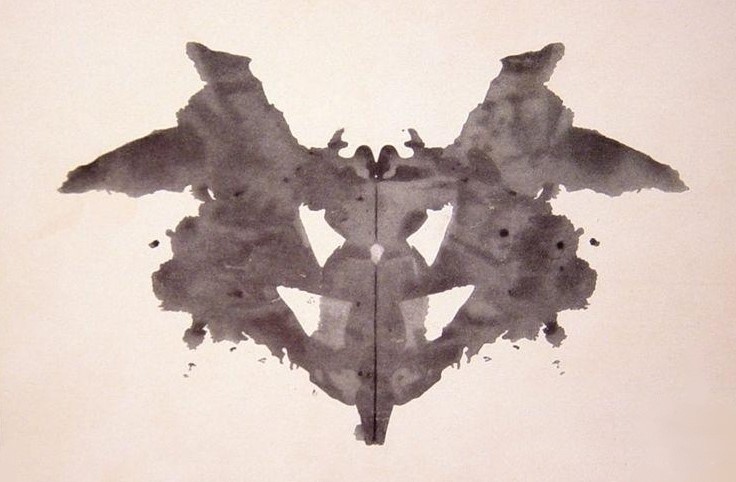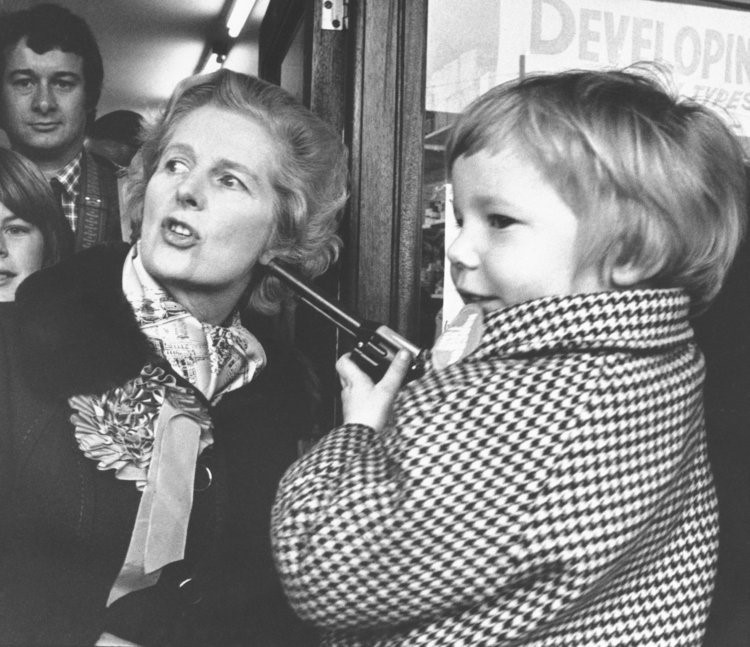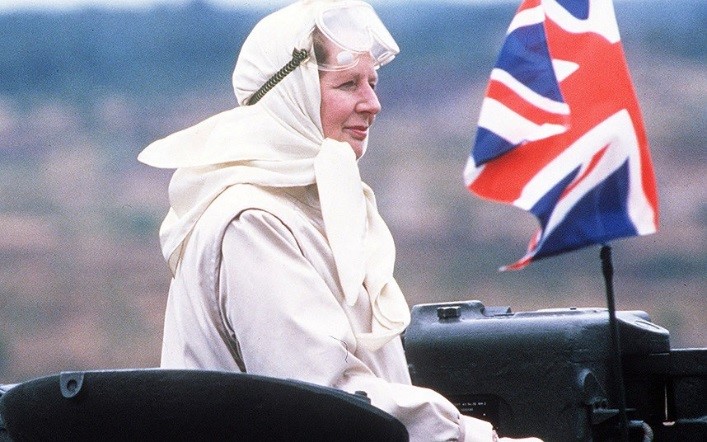14 September 2018

What can you see in the image above? What you see, theoretically, reveals quite a lot about your personality type. It is one of 20 images designed by Herman Rorschach in 1921 to indicate personality types and is still widely used. Rorschach was very interested in the art produced by psychiatric patients and developed a theory that the manner in which individuals reacted to a series of inkblot images could help to assess personality disorders. If you saw a pig or a wolf mask in the above image then Rorschach might have recommended a follow up session; if it is a butterfly he wouldn’t have been concerned. (It should also be noted that many clinicians feel that there are issues with the validity and reliability of the test and it is rarely used in the UK).
Jennifer Donnelly has suggested a parallel regarding how we view historical developments and the impact of bias: “History is a Rorschach test. What you see when you look at it tells you as much about yourself as it does about the past.”
To test this idea, what is your reaction when you read or hear the name Margaret Thatcher? 

I grew up in the industrial Midlands, so you can probably guess at how balanced my reaction might be, but Margaret Thatcher was elected three times and was clearly very popular with a significant percentage of the electorate. (I just can’t remember ever meeting any of them). My reason for mentioning this, is that I attended a lecture in the Sumer on post-war British politics. The speaker focused upon Margaret Thatcher’s Woman’s Own interview from 1987, which has been remembered for its infamous phrase; ‘There is no such thing as society.’ The speech is often used to denote the rise of individualism, greed and selfishness that characterised the 1980s. The speaker took issue with this interpretation and the way in which Thatcher’s words, in his opinion, have been taken out of context. I’m sure that many people living in the North East in the 1980s would have an interesting perspective on what that ‘context’ might be, but, whilst listening, I was aware that I had never read the full interview and decided to do so. It seems foolish to respond emotionally to something without having viewed the available evidence. The section that caused so much outrage, with that additional context, is below:
“I think we’ve been through a period where too many people have been given to understand that if they have a problem, it’s the government’s job to cope with it. ‘I have a problem, I’ll get a grant.’ ‘I’m homeless, the government must house me.’ They’re casting their problem on society. And, you know, there is no such thing as society. There are individual men and women, and there are families. And no government can do anything except through people, and people must look to themselves first. It’s our duty to look after ourselves and then, also to look after our neighbour. People have got the entitlements too much in mind, without the obligations. There’s no such thing as entitlement, unless someone has first met an obligation.”
Prime Minister Margaret Thatcher, talking to Women’s Own magazine, 31st October 1987
It might well be fair to say that people have obligations as well as entitlements, but I’m not convinced that homeless people are ‘casting their problem on society’. Does this perspective represent sound common sense at a distance, or is it even more depressing after 31 years?
In the summer months we always think carefully about how best to exemplify the school’s traditions and ethos. We have 5 core values, the fourth of which focuses upon the importance of public service and ‘….the need for all students to make a contribution to the school community and wider society.’ That contribution is based upon being part of the school, not simply being a random individual who turns up for 5 hours to access a service. We are prioritising public service because helping others is an integral part of the social contract; it is something that people should do. This year our students will be supporting others by raising money for Willow Burn Hospice, University Hospital Durham and the Durham Foodbank. They will also raise money for Children in Need. I’m not sure if ‘society’ is the correct term, but our students will continue to make a positive contribution to those around them because it is the right thing to do.
You too can support the school and wider community by encouraging your son or daughter to be considerate to others in our local community. By encouraging politeness and respect for others when traveling to and from school. Perhaps the ultimate measure of how successful we are in this matter carries its own Rorschach test; what will people think when they hear the name Durham Johnston. What will they think when interacting with students wearing our uniform?
